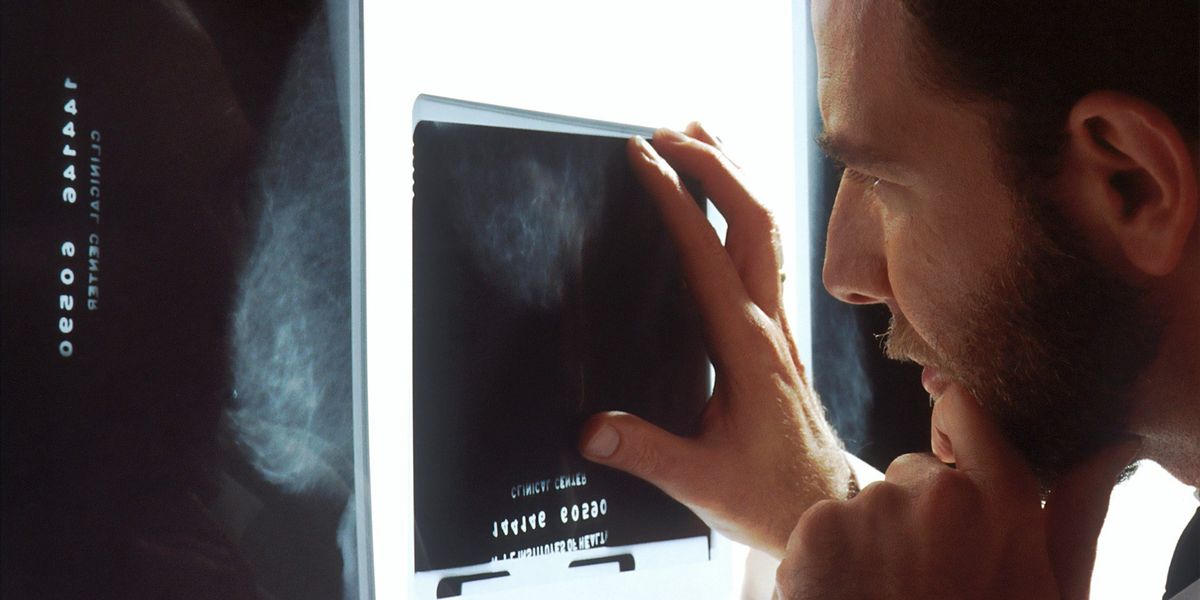
I was shocked to see a blatant attempt to normalize cancer as an inevitability in a recent Washington Post op-ed by former environmental reporter David Ropeik.
While Ropeik reasonably notes that some cancers (prostate) are overtreated, the rest of his argument is absurd. Of course Americans have reason to fear the second leading cause of death in the U.S. — particularly when 90 to 95% of cancer is preventable.
Any cancer survivor will tell you they’d have preferred prevention over a cure. Treatment is painful and many survivors experience side effects and additional health problems related to the disease or its treatment that linger for a lifetime. This outlook posits that survival is all that matters and is the best we should dare hope for, denying the universal human desire for a healthy, comfortable quality of life for ourselves and the people we love.
Suggesting that we should no longer worry about preventing cancer because treatments have gotten better is like saying cars have gotten much safer, so none of us should bother wearing seatbelts anymore.
Ropeik says most people think cancer is caused by environmental factors when it’s actually a “natural disease of aging.” But we’ve seen a dramatic, global increase in cancers among children and young adults over the last 50 years, which many researchers believe is linked to a corresponding increase in our exposure to new chemicals in the environment. And there’s evidence to suggest that rising cancer rates among older adults are the result of a lifetime of cumulative exposures to harmful chemicals.
He also says governments should spend less on reducing environmental carcinogens to focus on pollutants that cause other diseases, pointing to fine-particulate air pollution as an example, ignoring the fact that air pollution alone causes up to 29% of all lung cancer deaths and is linked to many other types of the disease. Ironically, his example demonstrates how reducing many of the most prevalent environmental risk factors for cancer, such as air pollution and endocrine-disrupting chemicals, would simultaneously reduce the risk of many other types of diseases, including heart disease, autoimmune disorders and reproductive health problems. This is not an either/or situation, as Ropeik posits—it’s both, and.
Ropeik and I agree on one key point: More and earlier screening for cancer and pressuring individuals to manage their risk through personal lifestyle changes are not complete solutions. But he overlooks an obvious, untapped solution: Systematically protecting humans from the harmful chemical exposures raising our risk for cancer and many other diseases.
Fundamentally, Ropeik seems to say that because other things also pose a threat to human health, we should stop worrying about cancer and its environmental causes. That’s just ridiculous: we should do all we can to prevent unnecessary, inequitable suffering and death.

